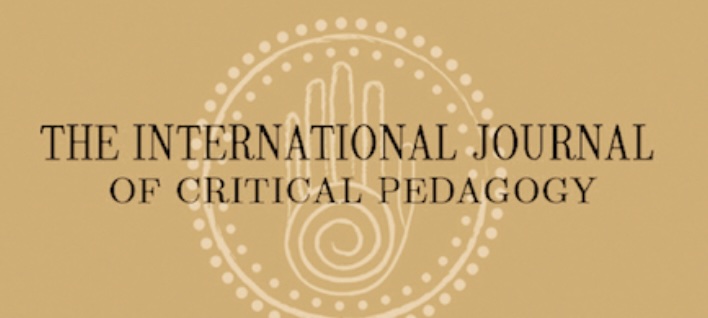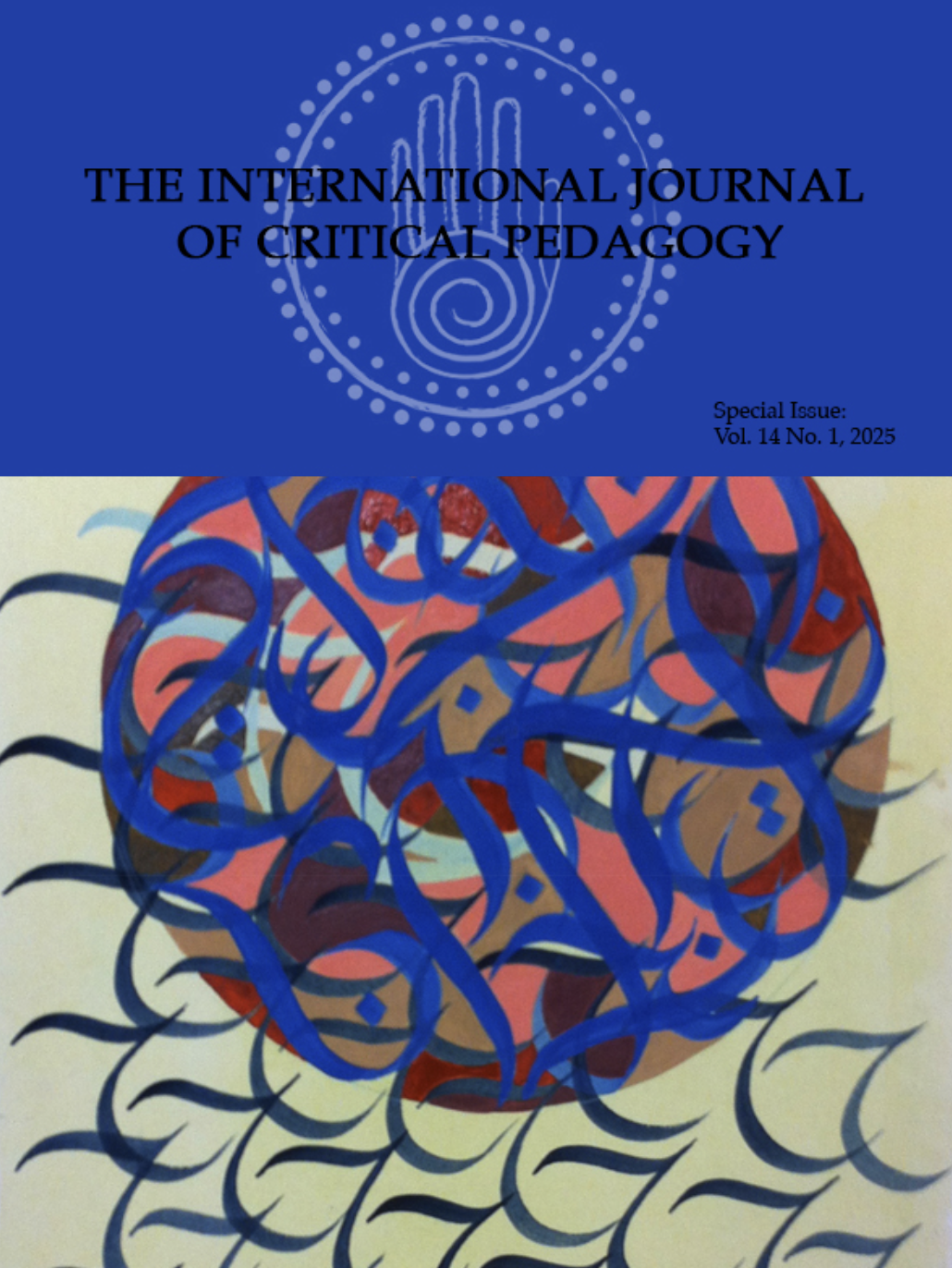Abstract
In this study, I intend to contribute to the expansion of American-centric Hip Hop pedagogy discourse by taking up the view of Hip Hop as a global youth culture - a view that is rapidly gaining ground in Hip Hop scholarship (Ibrahim, 2009; Pennycook, 2007; Roth-Gordon, 2009). To this end, I use an applied ethnographic approach to understand where the combined insights of scholarship and theory on critical literacy and global Hip Hop might lead us in a real high school ESL classroom setting. The principles of the lesson I co-facilitated (with the main ESL teacher) are grounded in what I am calling Critical Hip Hop Literacy (CHHL). CHHL draws attention to social issues and power relations as they are expressed through Hip Hop literacies. Data were collected through interviews and transcribed data from recorded video footage of the CHHL lesson. Throughout this paper I capture the ways that student identities are engaged within and around the task of interacting with Hip Hop literacies and interpreting text. The findings reveal the role that the underlying sociocultural concerns and practices of the Global Hip Hop Nation (Alim, 2009) play in mediating students’ articulations of (dis)affiliation along ethnic, national and linguistic social axes.
Keywords: Hip Hop, TESOL, Critical Literacy, Race, Ethnicity, Identity
How to Cite:
Barrett, C., (2013) “(Re)Imagining TESOL through Critical Hip Hop Literacy”, International Journal of Critical Pedagogy 4(3).
Downloads:
Download PDF
View PDF
Download DOC

